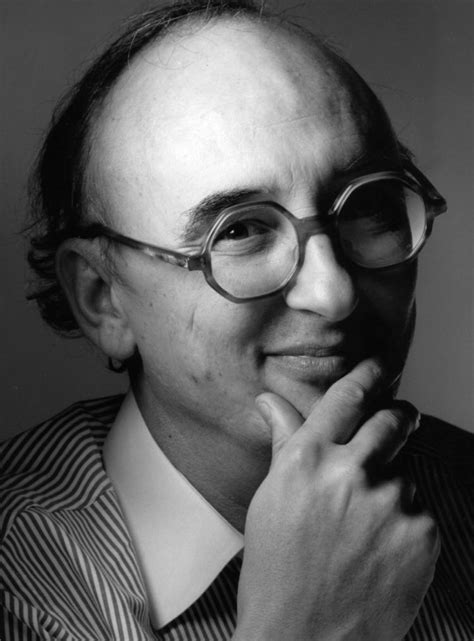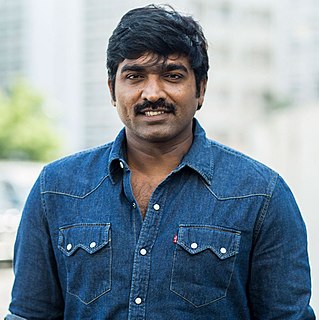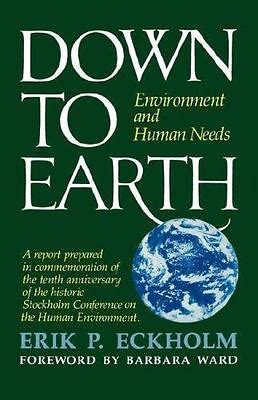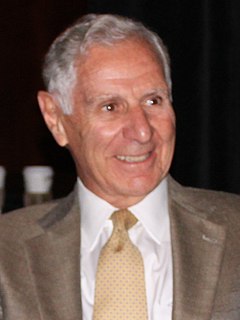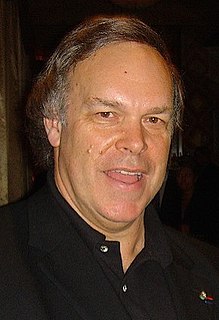Top 82 Pesticides Quotes & Sayings - Page 2
Explore popular Pesticides quotes.
Last updated on April 20, 2025.
One of the signs of the imminent Apocalypse is the "bitterness of all waters," and anyone traveling through eastern Europe, the former Soviet Union and its satellites-everywhere that the command economy operated, with its callous disregard for anything but narrow-focused abstract principle-could be forgiven for thinking that the Apocalypse was no longer imminent but in full cry. There's hardly a river, stream, or brook that isn't contaminated with the runoff from human misuse, whether industrial effluents, agricultural pesticides and herbicides, or worse.
When we mistake what we can know for all there is to know, a healthy appreciation of one's ignorance in the face of a mystery like soil fertility gives way to the hubris that we can treat nature as a machine. Once that leap has been made, one input follows another, so that when the synthetic nitrogen fed to plants makes them more attractive to insects and vulnerable to disease, as we have discovered, the farmer turns to chemical pesticides to fix his broken machine.
The way to improve productivity is not to bring in experts to talk about inputs - seed, equipment and materials, pesticides or water supply. The way to start is to provide an assured market, a fair price, and a system through which rural producers can market their produce which is reasonably efficient and can transfer to them the maximum share of the consumers' money. If such a structure is erected, the producers will then seek the inputs and materials they need to increase their production and productivity.
Those externalized costs have always included labor. It is only the decline over time of the minimum wage in real dollars that's made the fast food industry possible, along with feedlot agriculture, pharmaceuticals on the farm, pesticides and regulatory forbearance. All these things are part of the answer to the question: Why is that crap so cheap? Our food is dishonestly priced. One of the ways in which it's dishonestly priced is the fact that people are not paid a living wage to process it, to serve it, to grow it, to slaughter it.
Why aren't we looking at the causes of breast cancer? Why aren't we spending our energy on looking at what we're doing to the earth? On the pollutants we're putting into the earth? And the pesticides we're putting into the earth? What we're releasing into the air? Instead, we just cut off more organs! That's where metaphor comes into it - not even metaphor as much as reality.
One animal or plant species may become extinct every hour. All species are doomed to extinction, but man through worldwide development/killing animals for food/profit/using toxic chemicals such as pesticides/industrial wastes, will accelerate the extinction of plants/animals and the result will be a more hostile environment for man.
There have been various pesticides that have been properly tested, that have been registered and then have been used and later on they've been discoveredthat they can create harm, like in the case of this Oftanol that was being used here (in Sacramento, against the Japanese beetle). Now they find that it can cause problems at least to animals. So we stopped using it.
On the other hand, there are plenty of red flags that link developmental disabilities to things like lead and mercury and pesticides and air pollution and certain kinds of unhealthy foods, and that's what's begging for a comprehensive and definitive study. We should have a long-term prospectus study that looks at all, you know, exposures, medications, life habits, etc., pollution, and traces people over a period of many years, starting with when - starting with their parents, from when they are healthy. This is how we learned what causes heart disease.
The best Chateauneuf-du-Papes are among the most natural expressions of grapes, place and vintage. Chateauneuf-du-Pape vineyards are farmed organically or biodynamically, and the region's abundant sunshine and frequent wind (called 'le mistral') practically preclude the need for treating the fields with herbicides or pesticides.
We are eating hybridized and genetically modified (GMO) foods full of antibiotics, hormones, pesticides, and additives that were unknown to our immune systems just a generation or two ago. The result? Our immune system becomes unable to recognize friend or foe - to distinguish between foreign molecular invaders we truly need to protect against and the foods we eat or, in some cases, our own cells. In Third World countries where hygiene is poor and infections are common, allergy and autoimmunity are rare.
We can break the mountains apart; we can drain the rivers and flood the valleys. We can turn the most luxuriant forests into throw-away paper products. We can tear apart the great grass cover of the western plains and pour toxic chemicals into the soil and pesticides onto the fields until the soil is dead and blows away in the wind. We can pollute the air with acids, the rivers with sewage, the seas with oil - all this in a kind of intoxication with our power for devastation at an order of magnitude beyond all reckoning.
Astronomy is so easy to love. ... Fairly or not, physics is associated with nuclear bombs and nuclear waste, chemistry with pesticides, biology with Frankenfood and designer-gene superbabies. But astronomers are like responsible ecotourists, squinting at the scenery through high-quality optical devices, taking nothing but images that may be computer-enhanced for public distribution, leaving nothing but a few Land Rover footprints on faraway Martian soil, and OK, OK, maybe the Land Rover, too.
One thing is all things. To resolve one matter, one must resolve all matters. Changing one thing changes all things. Once I made the decision to sow rice in the fall, I found that I could also stop transplanting, and plowing, and applying chemical fertilizers, and preparing compost, and spraying pesticides.
When the planes still swoop down and aerial spray a field in order to kill a predator insect with pesticides, we are in the Dark Ages of commerce. Maybe one thousandth of this aerial insecticide actually prevents the infestation. The balance goes to the leaves, into the soil, into the water, into all forms of wildlife, into ourselves. What is good for the balance sheet is wasteful of resources and harmful to life.
The great virtue of a diversified food economy, like a diverse pasture or farm, is its ability to withstand any shock. The important thing is that there be multiple food chains, so that when any one of them fails-when the oil runs out, when mad cow or other food-borne diseases become epidemic, when the pesticides no longer work, when drought strikes and plagues come and soils blow away-we'll still have a way to feed ourselves.
The effort to eliminate synthetic pesticides because of unsubstantiated fears about residues in food will make fruits and vegetables more expensive, decrease consumption, and thus increase cancer rates. The levels of synthetic pesticide residues are trivial in comparison to natural chemicals, and thus their potential for cancer causation is extremely low. [Ames believes that "to eat your veggies" is the best way to prevent cancer.]
If manufacturers are so sure there is nothing wrong with genetically modified foods, pesticides and cloned meats, they should have no problems labeling them as such. After all, cancer will kill one in every two men and one in every three women now alive, reports Samuel Epstein, chairman of the Cancer Prevention Coalition. Like our ancestors, we act in ways that will bemuse future societies. The military-industrial complex lubricates the mass-agriculture system with fossil fuels. Tons of heavy metals and other hazardous, even radioactive, waste is sprayed on American agricultural soil.
Besides, the sense of safety offered by bottled water is a mirage. It turns out that breathing, not drinking, constitutes our main route of exposure to volatile pollutants in tap water, such as solvents, pesticides, and byproducts of water chlorination. As soon as the toilet is flushed or the faucet turned on-or the bathtub, the shower, the humidifier, the washing machine-these contaminants leave the water and enter the air. A recent study shows that the most efficient way of exposing yourself to chemical contaminants in tap water is to turn on a dishwasher.
Industrial vomit...fills our skies and seas. Pesticides and herbicides filter into our foods. Twisted automobile carcasses, aluminum cans, non-returnable glass bottles and synthetic plastics form immense middens in our midst as more and more of our detritus resists decay. We do not even begin to know what to do with our radioactive wastes - whether to pump them into the earth, shoot them into outer space, or pour them into the oceans. Our technological powers increase, but the side effects and potential hazards also escalate.
